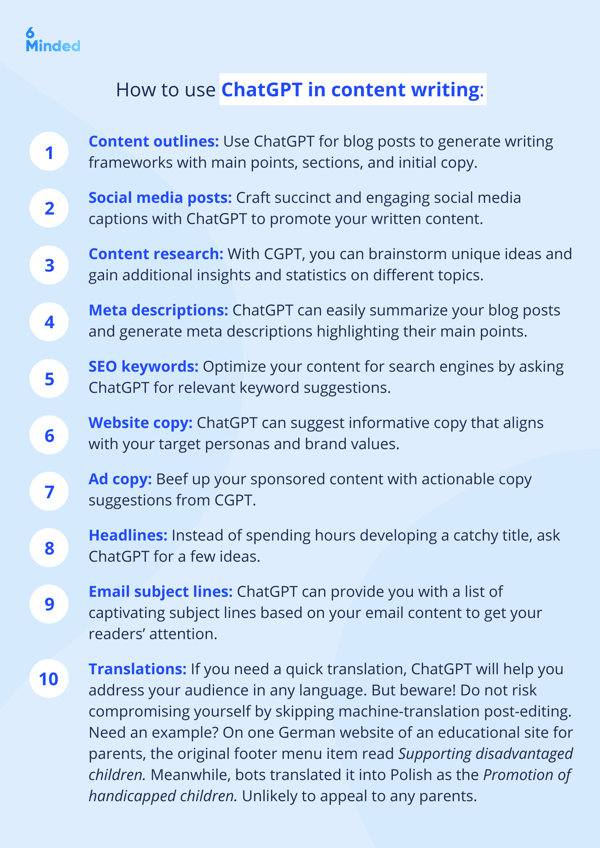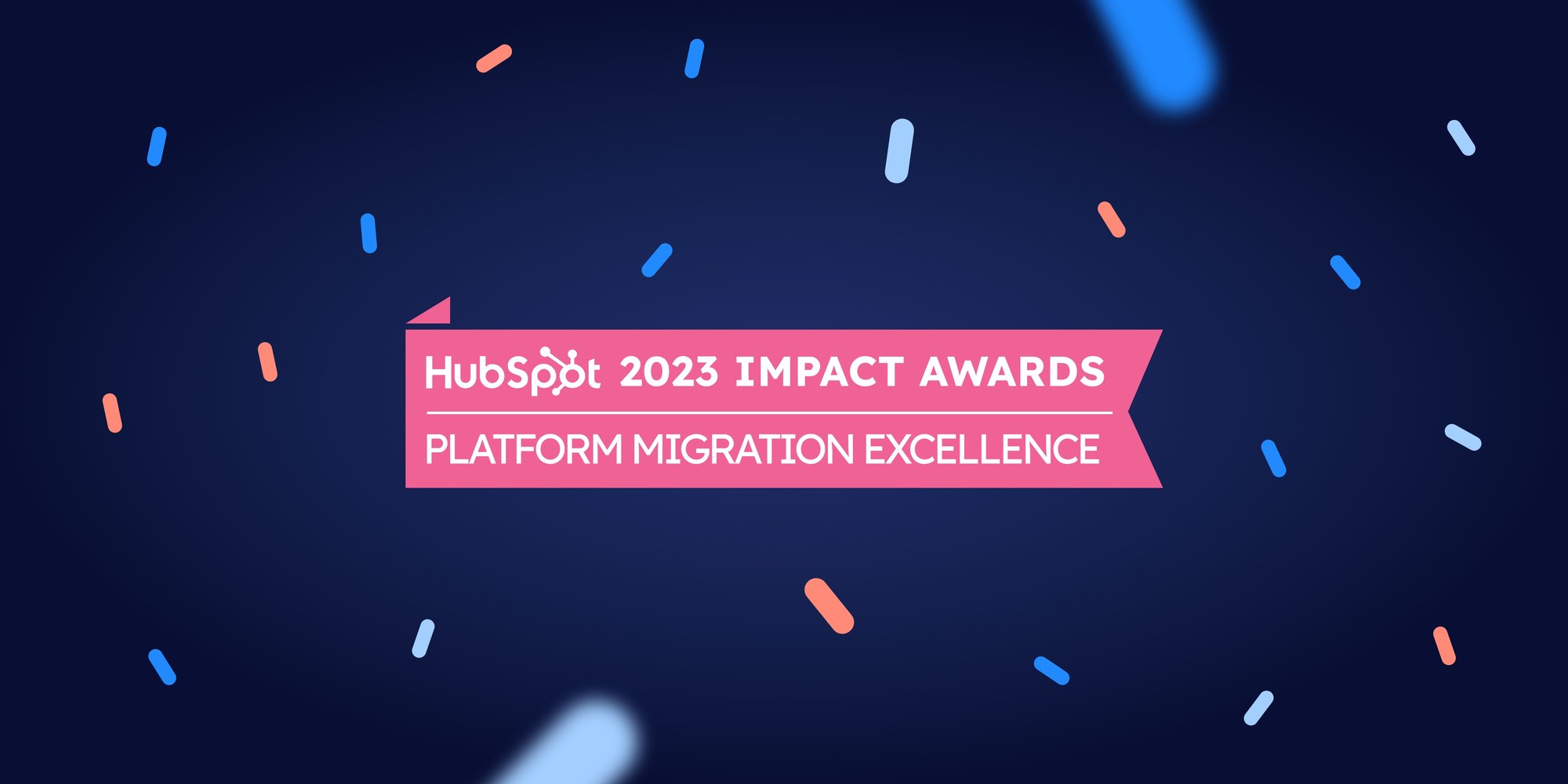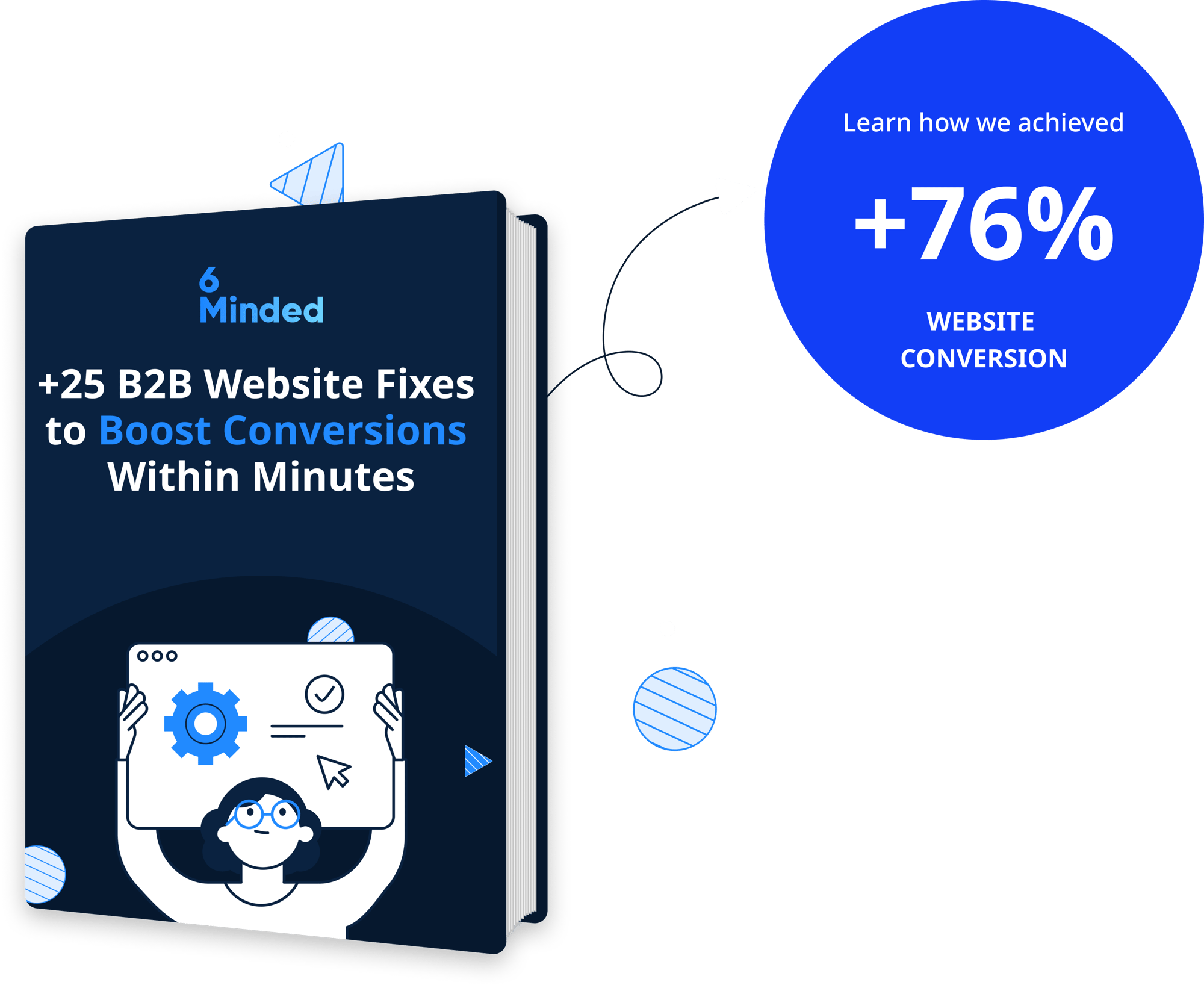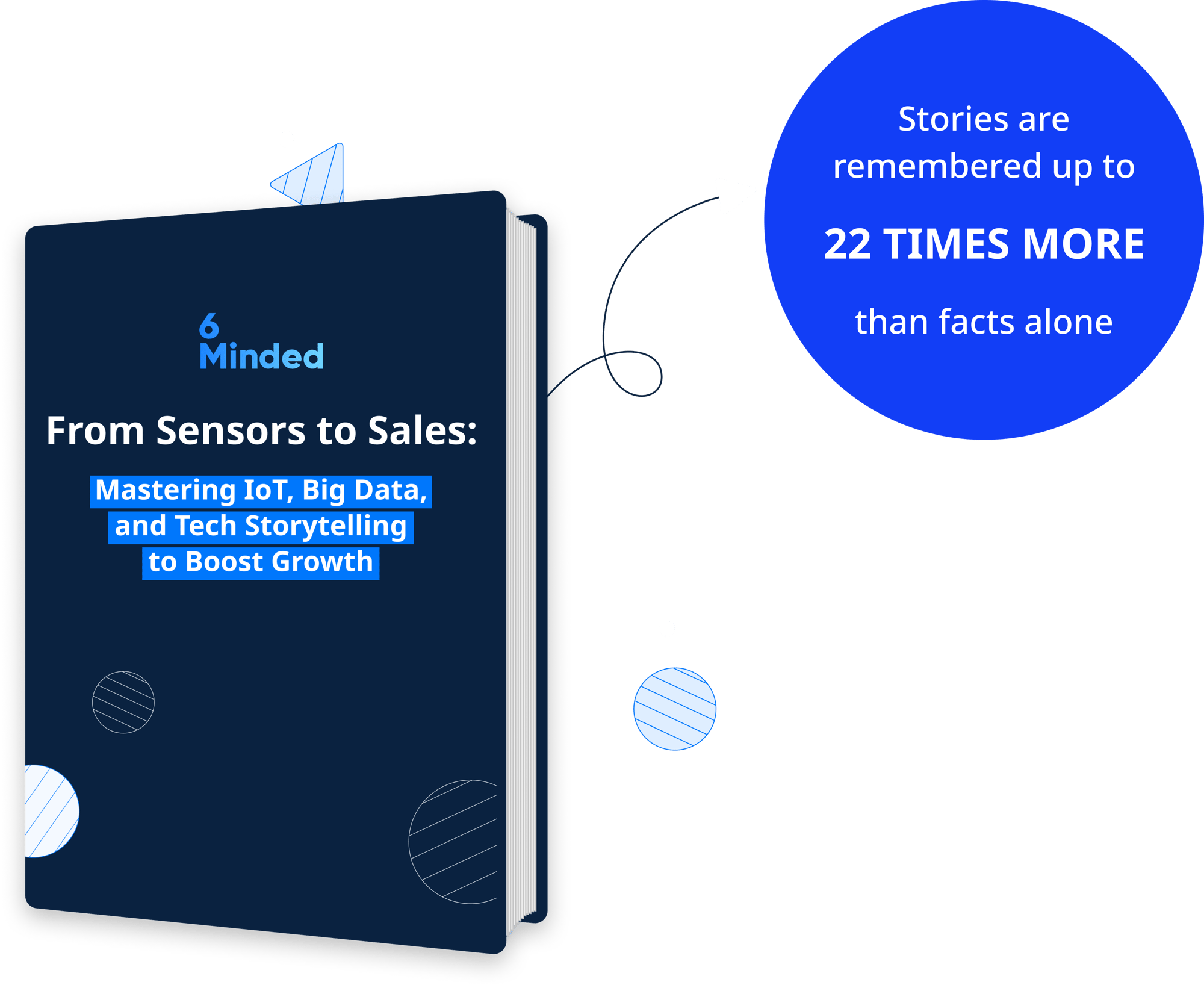During our regular content calendar meetings, one of our long-standing clients in the B2B industry stated that “the days of traditional content creation seem to be over” since now you can churn out excellent quality content in a few seconds with generative AI.
And this got us thinking.
Although there are many upsides to using AI blog generator content, the lack of in-depth understanding of how generative AI works does more harm than good. We know it, you know it, but how can we convey that message to our clients who see AI blog content generators as a one-stop shop for versatile content production?
The Chat GPT hype oversimplifies the complex process of thoughtful, audience-oriented content creation, often leading to hilarious marketing fails. To further illustrate how detrimental overreliance on AI can be, we’ve assembled a few memorable fails enhanced with our findings and research (like the latest findings by Stanford University that suggest GPT4 is getting… dumber over time).
How ChatGPT works
If you remember Cleverbot or Replika, you know that AI chatbots have existed for many years. However, unlike other less hyped tools, ChatGPT was pre-trained by absorbing a massive dataset of text data created by humans. This includes books, blogs, articles, and other written documents across the Internet. With such an extensive dataset to learn from, it was possible to form a complex algorithm model imitating the human brain as much as possible.
The G in CGPT stands for generative, which means that ChatGPT generates new text responses based on the input from the user. The model constantly learns user preferences and biases from human feedback to improve performance. It understands the natural flow of the language and differentiates tones, sarcasm, and other nuances specific to human interactions. Thanks to the pre-training and ongoing reinforcement, ChatGPT always tries to give fresh answers that match unique user requests (and, as we’ll learn, often fails).
Chat GPT for blog posts and other content
Understanding how ChatGPT works, it goes without saying that generative AI tools are highly effective content production assistants. At 6Minded, we use them to create article briefs, generate title and heading ideas, get drafts of sales and marketing emails, and prepare metadata, which significantly sped up our writing process. We empirically tested that working alongside Chat GPT and other content bots cuts the delivery time by 19-25% at the most per high-quality, industry-based article of 1,000 words.
Most of your marketing assets can benefit from incorporating an AI blog generator content. Here are a few ideas to get you started.

As you can see, content creators can utilize generative AI tools in many different ways to streamline their work. For now, writers use them primarily for immediate content production and idea generation. ChatGPT won’t surpass your writing skills, but it can lend you knowledge for developing new ideas, speeding up the planning process, polishing your grammar, and finding suitable synonyms and jargon words.
AI blog generator—what can go wrong?
Now, we’re on to some juicier content. While there’s no going back on AI content generation, and it’s a powerful technology that makes the life of everyone on the content team easier, for now, it’s by no means a technology that should be used as our client would see it—to simply “feed a topic and get a ready piece out of it in 5 seconds”. And here’s why.
Top disadvantages of AI blog generator content
1. Lack of personality
While ChatGPT is skilled at mimicking human interactions, its writing lacks emotions, figures of speech (irony, metaphors, puns), personalization, and—most importantly—brand voice. Even if recognizing subtle nuances of human languages might not be the problem, AI-generated blog posts tend to be dull and repetitive, lacking in character.
2. Spreading misinformation
Generative AI has a huge tendency to make up lies, and fixing that problem will be a challenging task. That’s why the statistics, “facts,” and quotes given by the chatbots ALWAYS require checking. For example, for one of our recent briefs, three stats on B2B customer feedback were made up (different numbers, different companies, unverified sources)! Verifying and finding an alternative takes the same time as finding them independently.
Another example worth mentioning is the use of the common myth “humans have an attention span shorter than a goldfish fallacy” in one text we generated. Details like these require verification and correction by the content editor or the writer.
While tenaciously repeated, the “research” about human attention span being shorter than that of a goldfish was long ago disproved.
However, ChatGPT seems not to realize it.
3. Time-consuming
Obtaining detailed, valuable insights from AI requires much time, comparable to drafting them traditionally, without the support of Chat GPT or other bots. You need to start by asking a general question and then dig deep into the topic, making embedded queries. Sometimes, conversations with these bots to get specific data alone take an hour or so.
4. Repetitive content
Plagiarizing existing content is already a possibility content writers must consider while using AI blog content generators. On top of that, our experiment showed that AI-generated content had an average of 5% lower quality than human-generated content (based on style adherence, spelling, clarity, engagement, and spelling score). It seems little, but in the world of cutthroat competition and immediate evaluation, every “little” counts.
Does ChatGPT plagiarize?The short answer is ‘no’. Still, one crucial factor should be considered before copying entire paragraphs of text from AI blog content generators. As you already know, ChatGPT generates original content using stored data from various sources and user prompts. However, it may unintentionally include phrases copied entirely without alterations. Because of the extensive reuse of existing texts, AI-generated articles we tested had a plagiarism score of up to 10%, while the ones created by our writers - 1-2% (which is related to the quotes contained in many of them). That’s why relying solely on AI blog generator content can cause plagiarism concerns. |
5. Repetitive intros; uninspiring endings
Text introductions and conclusions are AI’s Achilles’ heel. They often lack a sparkle that hooks the reader’s attention. Sometimes, the summary opens like the intro, albeit with a paraphrased sentence. Not impressive, to say the least.
On top of that, our tests have shown that texts provided by AI use fewer unique words but more complex words and longer individual words and sentences. This affects readability, hampers quick scanning of a text, and makes the messaging more difficult to understand.
6. Outdated information
For now, the data provided by the free version of the engine comes from before 2021. This is impractical in the case of articles concerned with the latest trends, fresh insights, and high-tech innovations. See how ChatGPT answers the request for statistics on B2B customer feedback:
 Most of our clients are in fast-paced, technology-driven industries where research and data from a year ago are already stale.
Most of our clients are in fast-paced, technology-driven industries where research and data from a year ago are already stale.
ChatGPT just won’t cut it here.
7. Admitting to limitations
Ultimately, ChatGPT doesn’t pretend to be human or an expert in every field (although it seems to like making things up if it doesn’t know the answer). OpenAI recommends conducting manual reviews before using AI-generated content. Look at the screenshot below to see how self-aware our intelligent assistant can be regarding its limitations. All we had to do was ask!
When generative AI owns its weaknesses, better believe it!
AI content generators—a blessing or a curse?
Although undeniably lucrative, generative AI is a double-edged sword regarding content and shouldn’t be trusted blindly. Sometimes using Chat GPT and other AI blog generators requires more time and expertise than crafting content without them. Especially if you are only just getting started. Once you get a hold of it, the workflows run faster, allowing content teams to focus on writing quality content.
Contrary to what some clients may expect, the time and cost savings are less spectacular and definitely not worth giving up on your content-writing experts. And speaking of experts, if you want to boost your content marketing game (with or without AI help), our team is ready to assist. Let us know what you need!



 September 2023
September 2023
